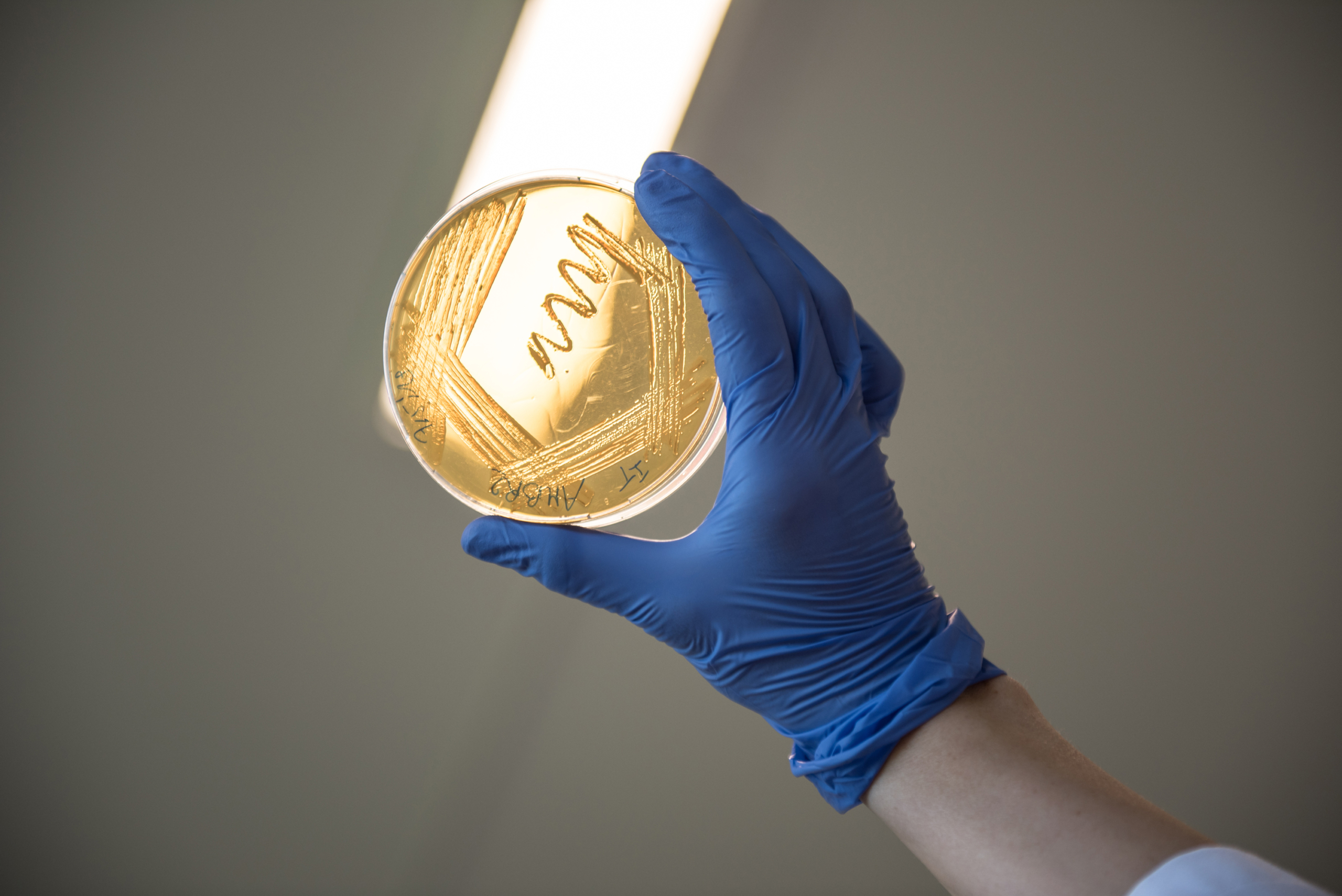Gut health
The gut is increasingly linked to many aspects of health and disease.
The gut is increasingly linked to many aspects of health and disease.
The functions of the gut and their relationships to digestive and whole body health have attracted significant interest amongst both scientists as well as individuals wanting to improve their health.
While the term gut health is used widely, it is rarely defined, and means different things in different contexts. A variety of tools are used to evaluate different aspects of gut health, such as digestive function and gut barrier function, but no panel of tests can reliably establish that a person’s gastrointestinal tract is healthy. A lack of clarity on the concept of gut health and how to measure it creates challenges for both scientists and consumers. ISAPP gathered a group of experts to review the evidence and create a scientific consensus definition of gut health, which is currently in review. Stay tuned!













